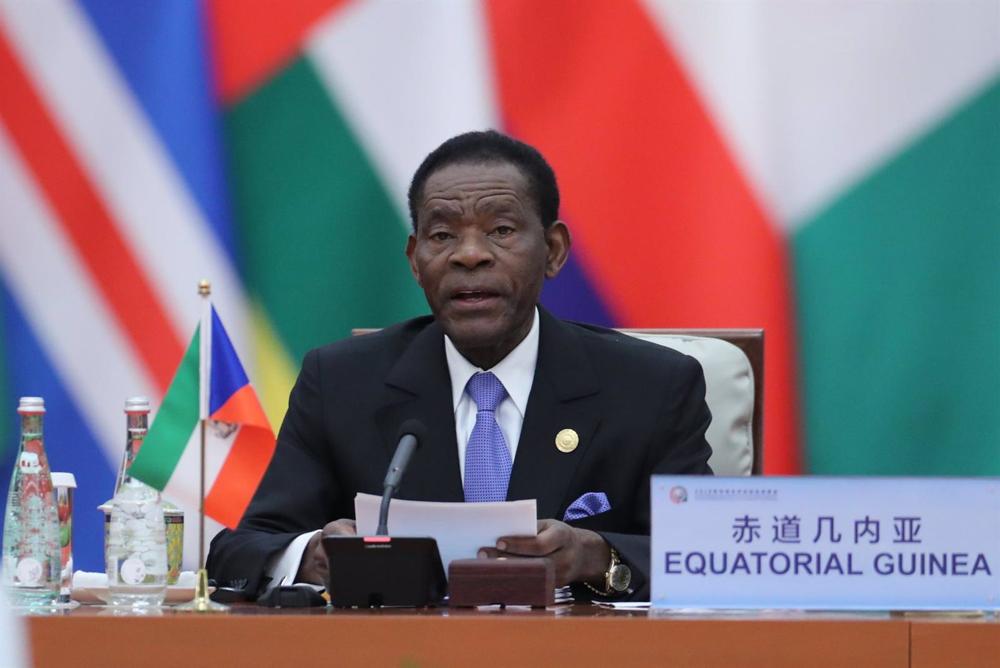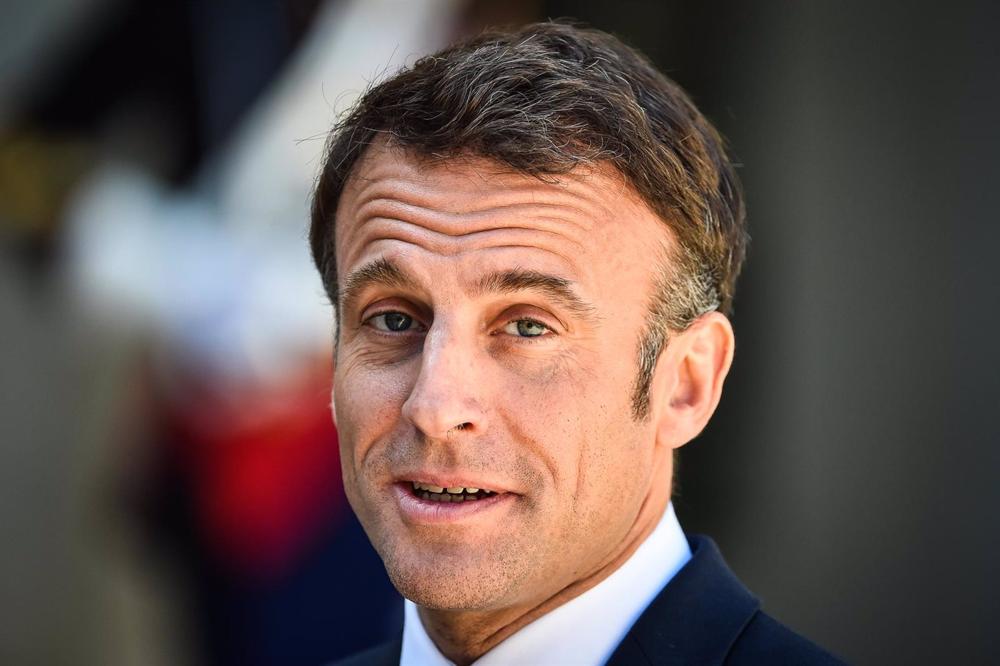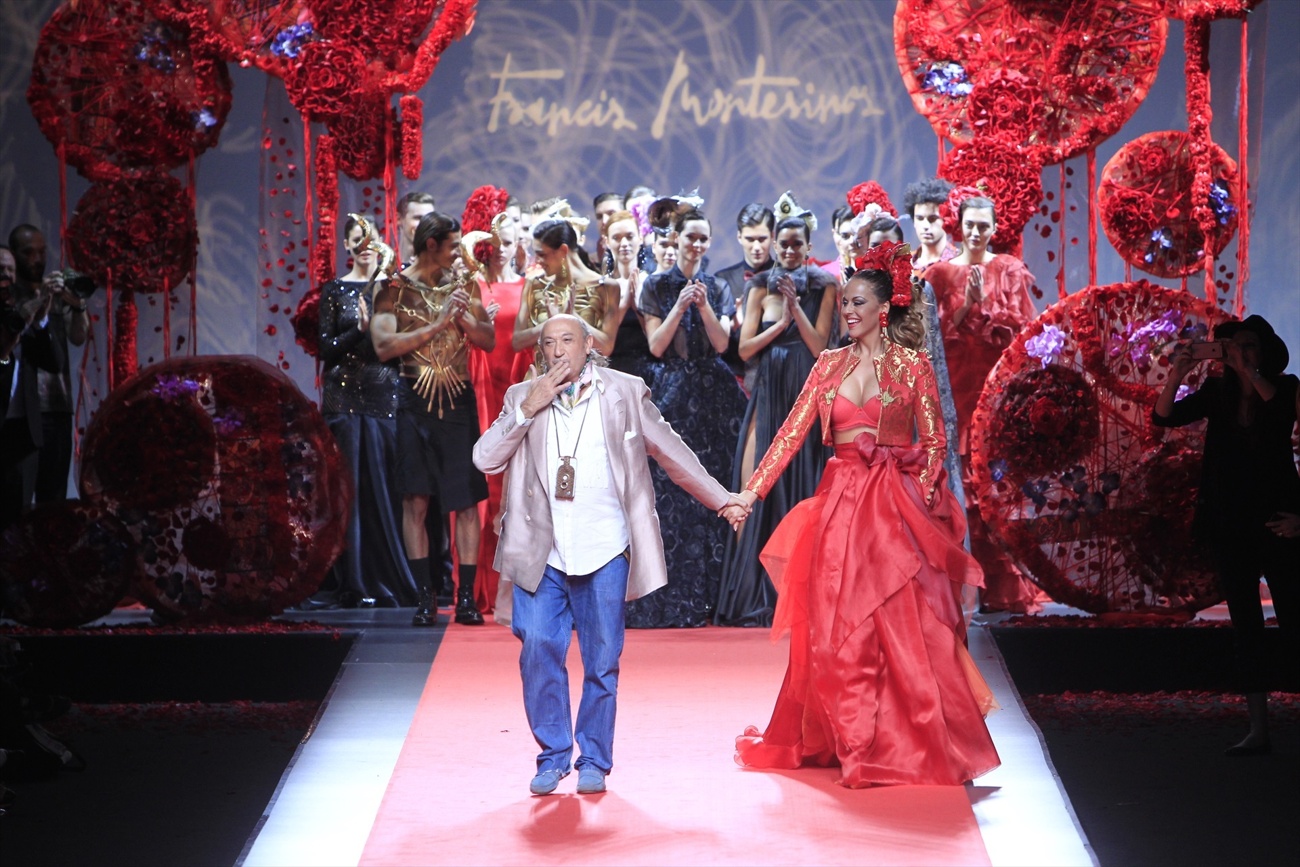
The president of Equatorial Guinea, Teodoro Obiang Nguema, has affirmed that he is «the guarantor of peace and stability» in the country after taking office for a new mandate and has emphasized that he has the «overwhelming» support of the population, after elections in which he won again with about 95 percent of the votes, amid allegations of fraud by an already very alibied opposition.
«Without fear of being wrong, I am, until now, the guarantor of peace and stability in our country», said the president after being sworn in as president and extending his mandate for another seven years, according to the Equatorial Guinea Press and Information Office. Obiang is the world’s longest serving leader, having assumed power in a 1979 coup against his uncle, Francisco Macias Nguema.
«Both in the monolithic system and in pluralism, the people of Equatorial Guinea have always overwhelmingly supported me with no less than 90 percent of votes in favor of my candidacy, which implies that the management we are carrying out at the head of our country satisfies the people of Equatorial Guinea,» he explained during his investiture speech.
He thanked the population for the «positive response» to his «political, economic and administrative decisions». «Your vote, dear compatriots, has not fallen on deaf ears. If the development of our country has been achieved out of nothing, be convinced that while I remain your president and with the resources available, we will use all our capabilities to ensure that the people’s wishes for well-being are fully met».
«To this end, the political program that we have presented to the people will be executed one hundred percent and the design of the new programs will be in accordance with the current needs of the people based on the Horizon 2035 plan, which will be the priority of the new government,» the Equatoguinean president pointed out.
Obiang has also criticized the news in the foreign press, specifically in the Spanish and French media, reporting the possible fraud in the elections of November 20. «It is perfectly understandable that after the colonialists lost their hegemony in Africa, after several years of exploitation of our raw materials, they imposed the annulment of the single party system that served as a platform to promote the unity of the African peoples, with the creation of the multiparty system that has served as a breeding ground to finance terrorism and organized crime,» he said.
«Today, as yesterday, colonialists wish to continue to exploit our raw materials and set prices to undercut their values. Several African countries do not enjoy their independence as is also the case in certain European localities, as in the case of the ‘yellow vests’ protesting the injustice of the French government, and the demand for the independence of Catalonia in Spain, among other cases,» he said.
In this line, he has applauded the military juntas of Mali and Burkina Faso and has argued that these countries «are fed up with interference in African affairs.» «Our country has been a victim of the injustices of the powers, the attitude of the colonialist has been the same to date, in fact, our independences were not obtained peacefully, but in wars», he lamented, before emphasizing that «only by returning Africa to the Africans, African problems, African solutions, our continent would reach the best levels of development».
According to the election results, Obiang won the presidential election with 94.9 percent of the ballots, ahead of Andres Esono, of the Convergence for Social Democracy of Equatorial Guinea (CPDS), and Buenaventura Monsuy, of the Social Democratic Coalition Party (PCSD). Furthermore, Obiang’s Democratic Party of Equatorial Guinea (PDGE) has won all the seats at stake: the 100 seats in the Chamber of Deputies, the 55 elected seats in the Senate -which has 70 seats, although 15 are appointed directly by the President- and the 588 seats in the Municipal Elections, according to the Commission’s data.
The CPDS announced its rejection of the results of the November 20 elections as «fraudulent, undemocratic and unfair» and demanded that they be «annulled» in the face of a repeat vote. «The elections of November 20 have been a real electoral coup d’état, given by a head of state who came to power through a palace coup and is willing to remain in power against the will of the people,» said the opposition formation.
Obiang, 80, has led Equatorial Guinea since the coup against his uncle, who in 1968 became the country’s first president after independence from Spain. Despite the fact that there are 18 legalized parties in the country, in practice there are no opponents with real options to remove Obiang from power, amid speculation about the possibility of a ‘dynastic’ succession that would result in the rise of his son ‘Teodorin’, vice president since 2016.






